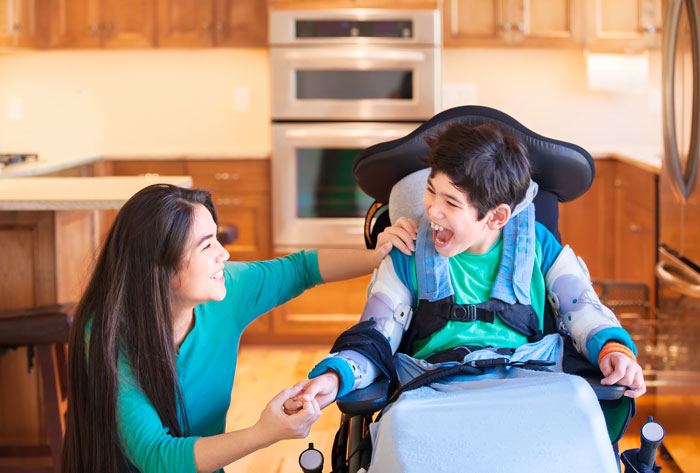Community Habilitation
Community Habilitation is a program that offers habilitative services in non-certified community settings to promote community inclusion, integration, relationship building, and the development of independent living skills, as outlined by OPWDD. This program is especially beneficial for individuals as it empowers them, along with their families, to set personal goals they wish to achieve independently.
- The program involves creating a detailed plan that includes a methodology, task analysis, and valued outcome sections. This plan outlines how each goal will be identified, initiated, and taught to help the individual successfully meet their objectives.
- Community Habilitation is a skill-focused service that boosts an individual’s confidence and self-esteem by setting and achieving meaningful goals. It helps individuals integrate into the community, fostering a sense of belonging and acceptance. Through this program, individuals develop essential skills that they can apply in everyday life, promoting independence.
- Working with a Community Habilitation worker also encourages relationship-building and enhances socialization. Overall, Community Habilitation is a highly valuable program that aims to equip individuals with the skills needed for independence, promote community inclusion, and establish lasting relationships.

Respite Program
The Respite program is a Medicaid waiver service designed to support individuals with developmental disabilities and their families by providing temporary relief from the responsibilities of caregiving. This service helps reduce overall family stress, allowing families to better meet the needs of their loved ones.
Respite care can be provided either in the home or outside of the home, and it is available during the day, in the evenings, or overnight. It is considered an “indirect” service, offering relief to those responsible for the primary care and support of an individual with a developmental disability. Whether due to illness, emergencies, vacations, or other circumstances, respite services ensure that the individual’s needs continue to be met when a family member, Family Care provider, or live-in caregiver is unavailable.
